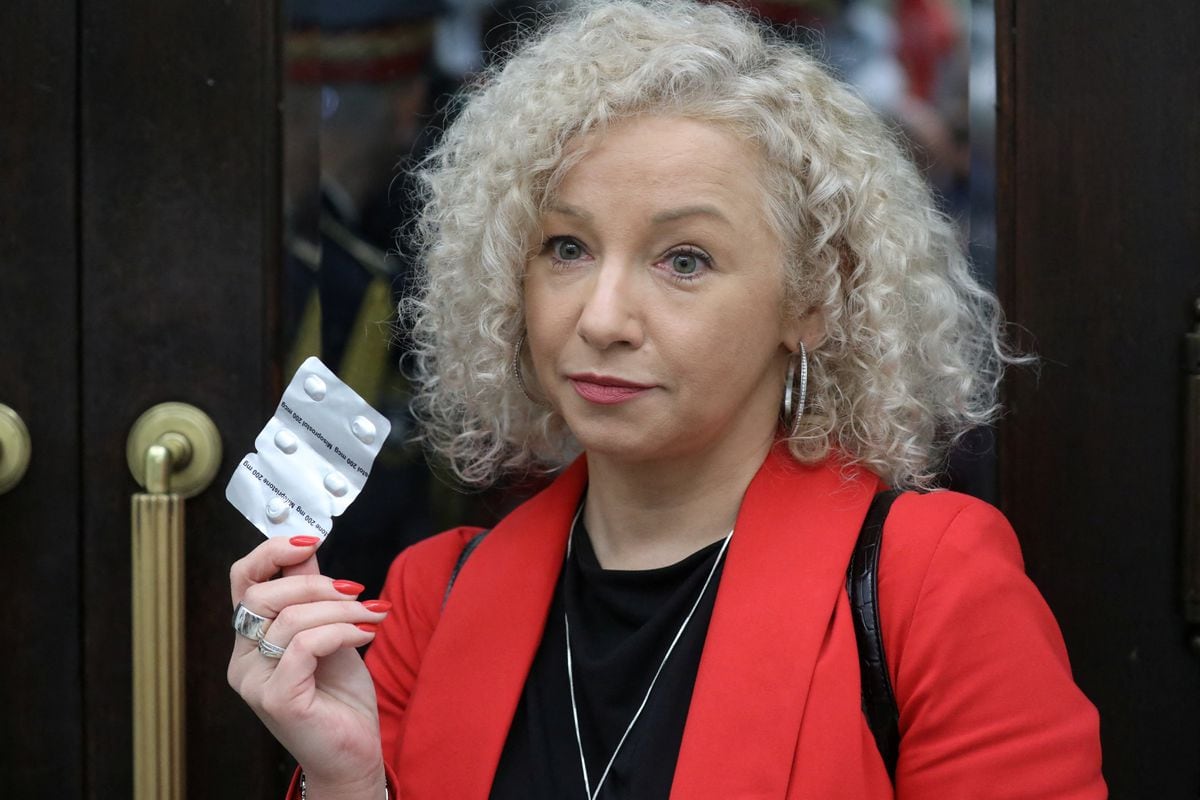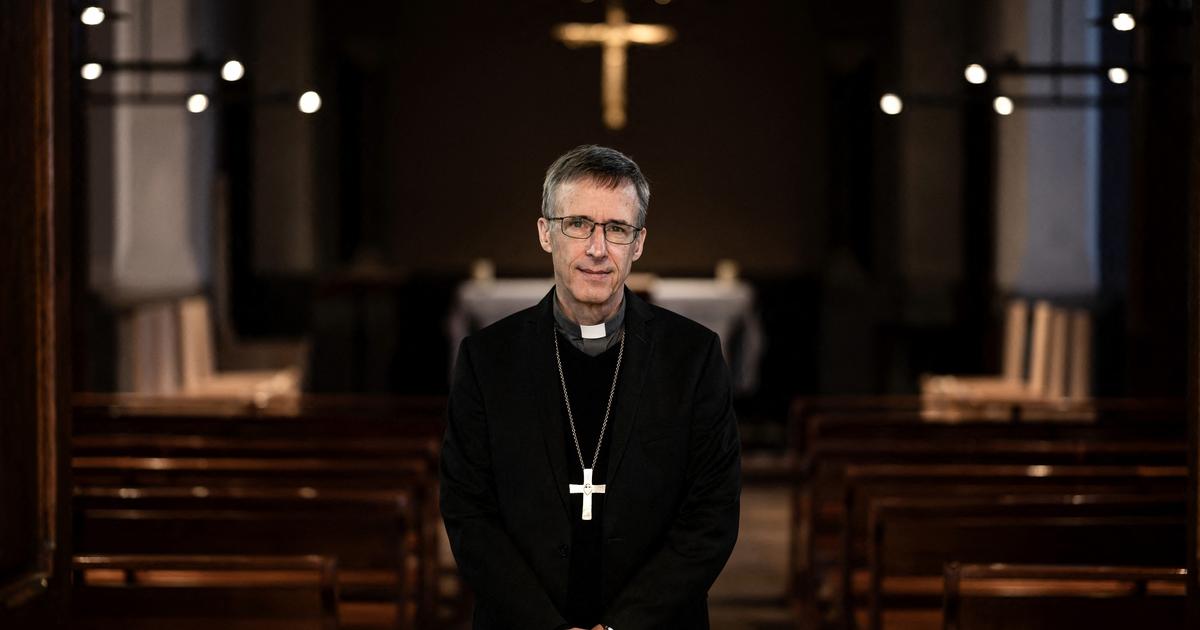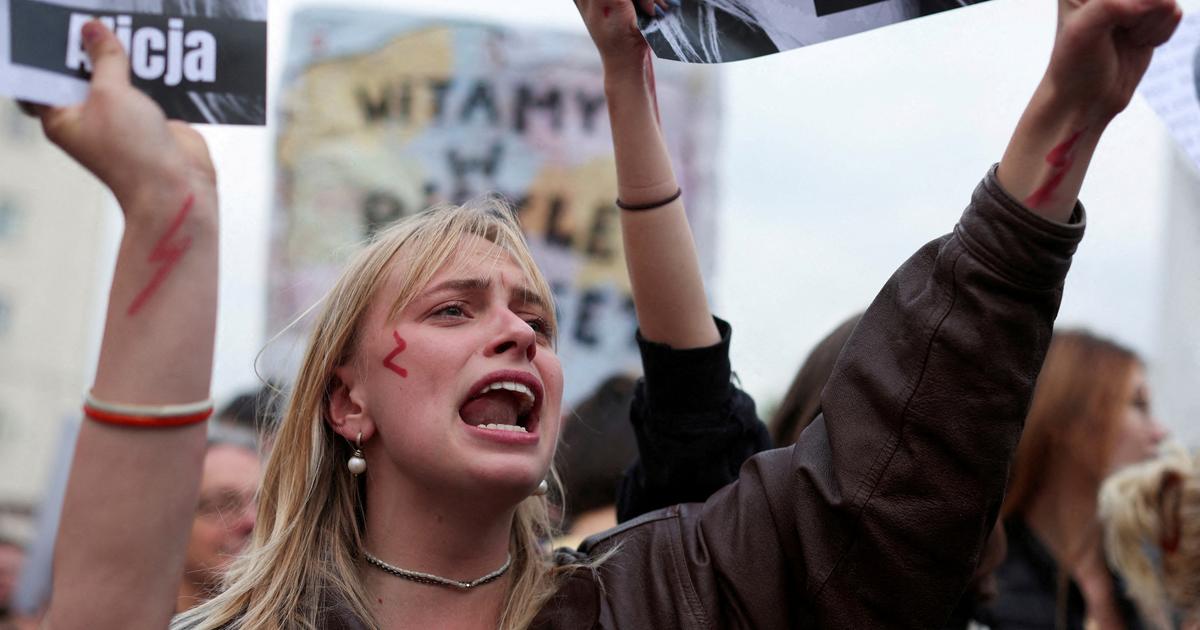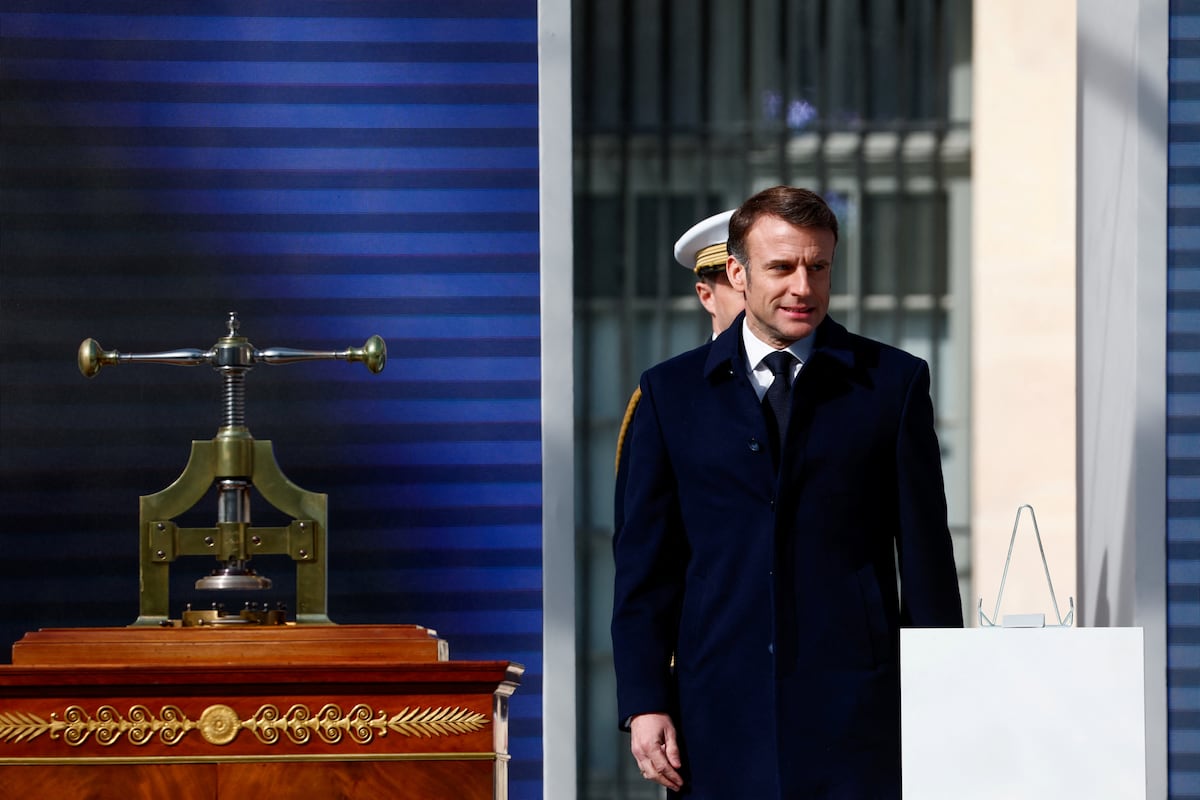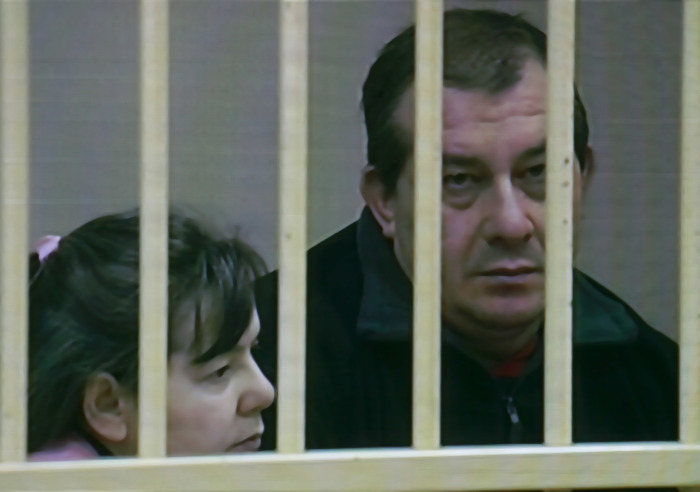The progressive majority of the Constitutional will reject any limitation that wants to be made to the right to abortion in the sentence that the court will debate next week.
The deliberation on the appeal that the PP presented in 2010 against the current law of deadlines will begin in the plenary session that the guarantee body plans to hold on February 7.
And preliminary contacts between the magistrates have already begun.
As of this week, the 11 components of the court will begin to study the draft sentence and prepare their interventions in the imminent plenary session.
In the Constitutional media, this deliberation is given the greatest importance, because it will mean resolving the challenge of a law that generated intense debate in its day, but on whose essential points, 12 years later,
The rapporteur for the ruling, the conservative magistrate Enrique Arnaldo, has preferred to speed up the deadlines and has not yet delivered his draft resolution to the rest of the members of the guarantee body.
However, in the informal conversations that are being held between the components of the court, it has become clear that any requirement that would be established in the sentence to hinder the free decision of the woman will not have the support of the seven magistrates of the progressive sector.
In any case, it is obvious that the court will carry out its deliberation based on the draft ruling that the rapporteur presents to the plenary session, which implies that any proposal that he makes will be the subject of in-depth discussion.
This, in turn, does not prevent the current progressive majority of the court from having a firm determination in favor of declaring the constitutionality of the current law on deadlines, without having to accept compensation for achieving it.
Said group would like that, after the 12 and a half years of waiting to issue a sentence, the guarantee body would be able to reach an agreement to resolve the challenge to the abortion law with a consensual ruling.
But not in exchange for forced compensation so that the woman who decides to terminate her pregnancy within the legally established terms may be subject to requirements or conditions with unnecessary medical or psychological procedures, aimed at blaming her or hindering her free will.
The law of terms establishes that the woman can abort in the first 14 weeks without any requirement.
More information
The Constitutional Court will address the sentence on the abortion law in plenary session on February 7, almost 13 years after the appeal of the PP
If magistrate Enrique Arnaldo now sees his draft resolution rejected, he could choose to continue as a speaker, assuming the argument of the majority in his new project, or resign from said responsibility so that the wording of the sentence passes to a magistrate of the sector progressive.
In the event of maintaining the paper, he would be able to make a separate vote against it in parallel to express the reasons for his disagreement.
Judge Enrique Arnaldo was commissioned to draft the draft ruling on the appeal against the abortion law in November 2021, after the pact between the Government and the PP —then chaired by Pablo Casado— for a renewal of the court that came with more than two years late.
The constitutional law professor Pedro González-Trevijano then replaced the former Supreme Court magistrate Juan José González Rivas in the presidency of the guarantee body, and Arnaldo went on to deal with all matters that in the previous stage had been the responsibility of the philosophy of law professor and former popular deputy Andrés Ollero.
The characteristic common to all of them was their belonging to the conservative sector of the court.
The progressive group was in the minority, in an equivalent proportion, but inverse to the current situation, in which the conservative sector is made up of four magistrates, while the then minority group now has seven seats in the plenary session.
From this new position of majority, the progressives no longer have the concern of being forced to make concessions in exchange for saving the essence of the current legislation on abortion, that is, to allow the approval of requirements or limitations to the right to voluntary interruption. of the pregnancy to ensure that the deadline system continued.
In principle, this negotiation scheme on the sentence related to the appeal of the PP was on the table for several months.
Trevijano had commissioned Arnaldo to have his ruling draft ready in the spring of 2022, about six months after inheriting all of Ollero's affairs.
The new rapporteur complied with what was agreed with the then president of the court and had his draft sentence ready last April.
But he did not send it to the rest of the magistrates.
Trevijano and Arnaldo considered it convenient to stop the deliberation of that project again given the proximity of the renovation of the court, which should have occurred in June of last year.
In that decision, the foreseeable difficulty in combining criteria on the constitutionality of the abortion law had a great weight, as a fundamental reason.
The conservative group was divided, because although some of its members were willing to accept the deadline system —yes, with requirements and limitations—, in court it was taken for granted that a sentence that endorsed it would also entail an intense debate and several votes against.
Trevijano spoke about the matter with the then vice-president of the Constitutional Court, Juan Antonio Xiol, who agreed that it was necessary to avoid reproducing the tensions caused in court by the sentences that declared the decrees on the state of alarm unconstitutional for cope with the covid-19 pandemic.
For the progressive sector, the new delay in issuing the ruling on the abortion law was a lesser evil, because meanwhile the law of deadlines was still in force.
Enrique Arnaldo Alcubilla, in a Constitutional plenary session held on the 24th. ZIPI (EFE)
As a result of all this, the sentence project remained in a drawer.
Trevijano and Xiol preferred to leave the responsibility of deciding on this matter to their successors, that is to say, to a renewed court and at the beginning of their management period, and not in the hands of a Constitutional that was about to expire, in which they were going to four magistrates, including the president and vice president, were to be relieved.
In the conservative group, no one raised their voices against that decision.
The idea of reopening a crisis in court undid any temptation to embark on the discussion on the abortion law, especially given the evidence that —as its president, Alberto Núñez Feijóo has now confirmed— the party that appealed it, the PP, had assumed the constitutional legality of the system of deadlines.
In that period, with Mariano Rajoy as president, the PP only reintroduced into the law the obligatory nature of parental permission for the practice of abortion by pregnant women between the ages of 16 and 18.
The resource had questioned that this clause did not appear in the law on voluntary interruption of pregnancy.
But the fact that its reinstatement was approved now makes it unnecessary for the sentence to be handed down to contemplate this point, due to loss of object.
The new law on abortion, in the phase of parliamentary debate, will once again eliminate the obligation of said parental permission.
It will be then when this new provision could eventually be appealed.
In any case,
Subscribe to continue reading
Read without limits
Keep reading
I'm already a subscriber

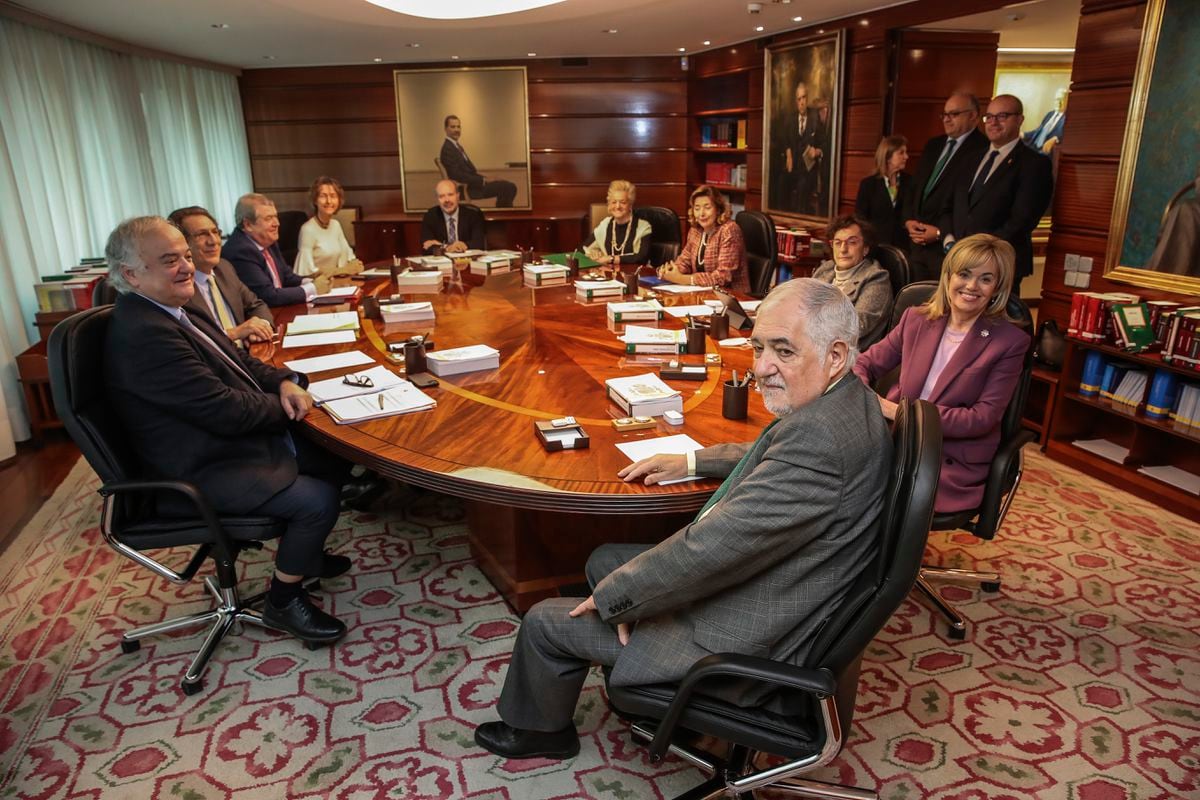

/cloudfront-eu-central-1.images.arcpublishing.com/prisa/OCS7V4Q6YKB6UMI76BXPPNGQJE.jpg)

